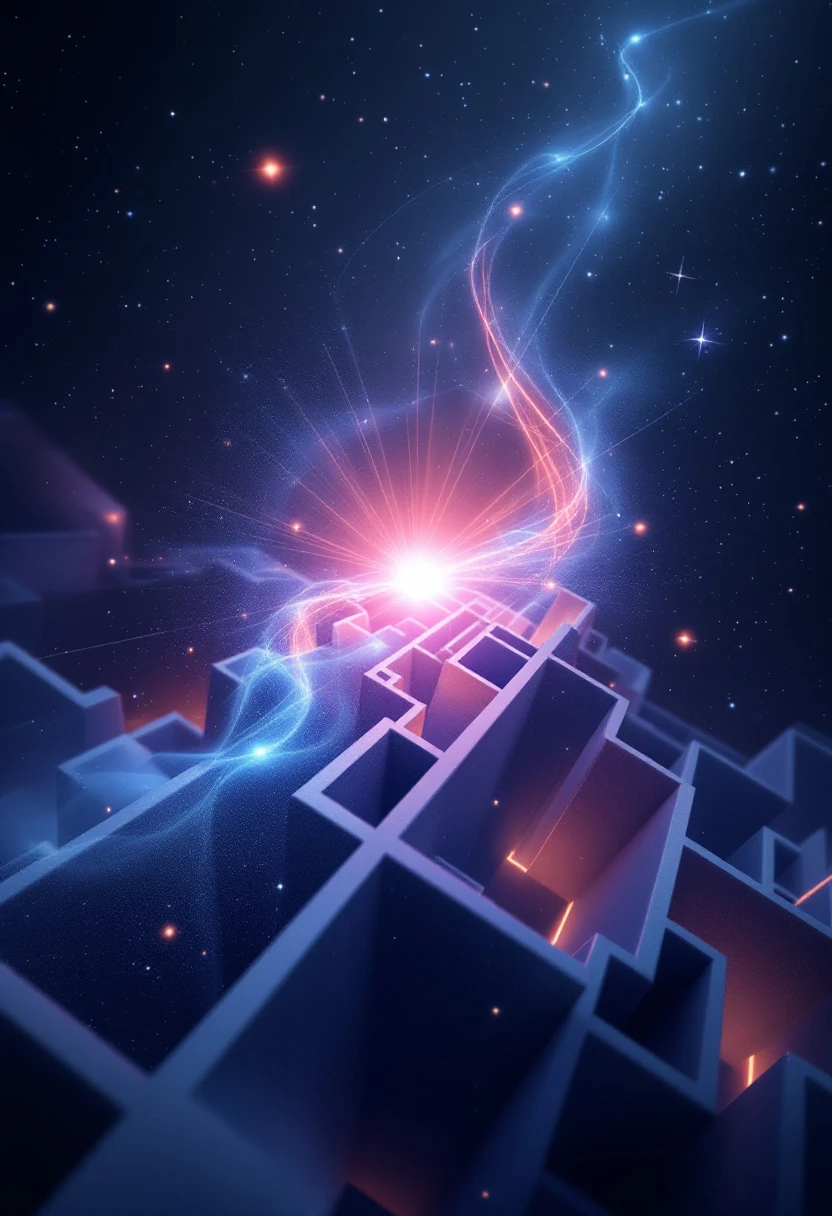
RLAIF
Reinforcement Learning with AI Feedback
Reinforcement Learning with AI Feedback
A method that combines reinforcement learning techniques with feedback derived from AI models to enhance decision-making or control tasks efficiently.
RLAIF, or Reinforcement Learning with AI Feedback, bridges classical reinforcement learning (RL) methodologies with AI-generated feedback to optimize and accelerate the training of agents in diverse environments. This approach leverages the strengths of RL, where agents learn to make decisions by interacting with their environment to maximize cumulative rewards, while simultaneously incorporating insights or evaluations from AI models, such as those trained on historical data or expert demonstrations. The integration of AI feedback can significantly speed up learning, improve policy robustness, and reduce reliance on exploratory data since the AI-generated feedback acts as an additional heuristic or guide for the RL agents. This hybrid approach is particularly beneficial in domains where real-world interaction is costly or risky, such as autonomous driving, robotics, and complex strategy games, providing a more efficient pathway to competent and adaptable AI systems.
The practice of using AI feedback in reinforcement learning garnered significant attention around the early 2010s with the increasing computational power and availability of comprehensive datasets, allowing for the practical application of complex AI models in guiding RL processes. It gained prominence more recently as advancements in neural networks and computational capabilities converged, making the seamless integration of AI models into RL frameworks more feasible.
Significant contributors to RLAIF include numerous research groups and collaborations at the forefront of AI and RL advancements, notably at institutions like DeepMind and OpenAI. These entities have been pioneers in applying deep learning architectures to RL tasks, crafting innovative methods to incorporate AI-derived insights into the learning processes of RL agents to achieve state-of-the-art results across various challenging domains.